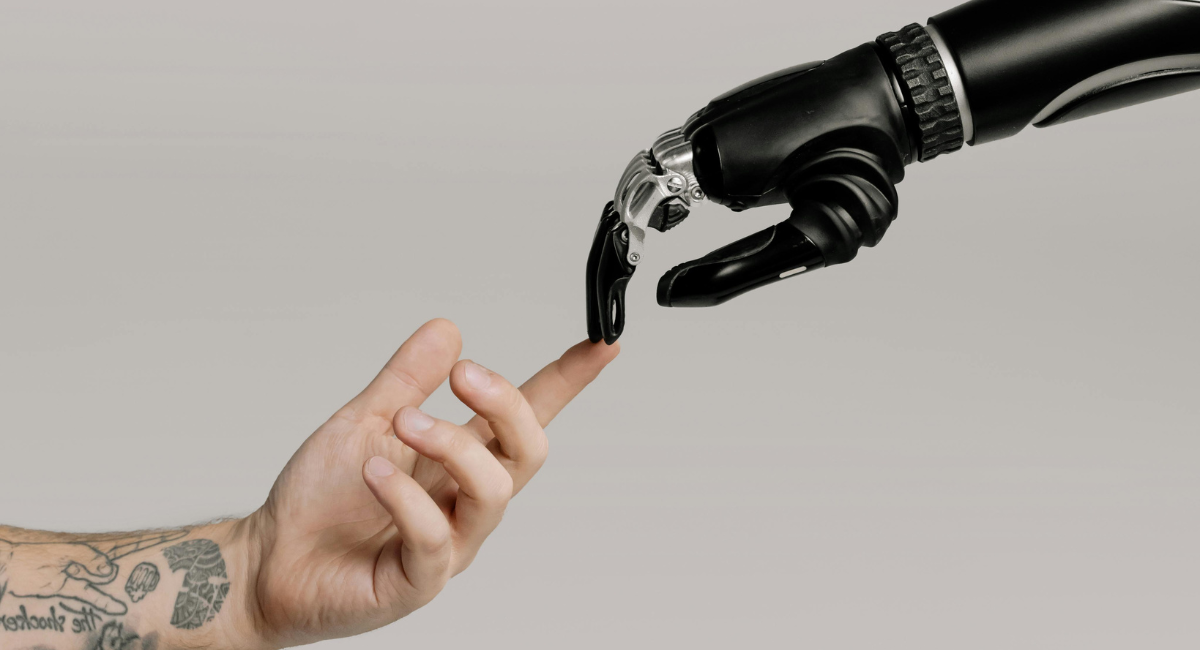The Rise of Agentic AI and the Future of Automation in 2025
Not long ago, artificial intelligence was seen mainly as a helpful assistant—answering questions, drafting text, or crunching numbers when asked. But in 2025, the conversation is shifting. A new form of AI is beginning to take shape, one that does not just wait for instructions but takes initiative. This new phase is often described as Agentic AI, and it is quietly changing how we think about work, creativity, and even decision making.
What Agentic AI Really Means
At its core, agentic AI is built to act more like a digital teammate than a tool. Instead of passively waiting for commands, it identifies goals, breaks them into steps, and carries them out—sometimes without needing to be told every detail. Imagine giving an AI a broad task like “research market opportunities and prepare a draft strategy,” and it returns not only with the analysis but also a polished outline ready to present.
This kind of autonomy comes from advances in large language models combined with reinforcement learning and integrations across apps and systems. It is less about flashy science fiction and more about practical, behind-the-scenes capability.
Why Agentic AI Matters Right Now
The timing is important. Workloads are expanding, information is overwhelming, and companies are under pressure to do more with fewer resources. Agentic AI is being welcomed because it can manage the repetitive, time-consuming tasks that drain human teams.
Picture a customer support system that not only responds to questions but also solves the issue from start to finish. Or a marketing agent that plans campaigns, drafts content, and schedules posts while humans focus on strategy. These are no longer futuristic ideas—they are already starting to roll out.
Where We See It in Action
- In business: Generating reports, analyzing data, and even suggesting strategies.
- In software development: Writing code, testing it, and fixing bugs before a human even looks at it.
- In healthcare: Monitoring patients, alerting doctors to risks, and arranging follow-ups.
- In classrooms: Acting as tutors that adjust lessons based on how a student is learning.
- In content creation: Researching, drafting, editing, and optimizing articles for search engines.
The examples multiply quickly once you realize the agent is not just responding—it is deciding.
Will This Replace Human Creativity
It is easy to wonder if agentic AI means the end of human work. The truth is more subtle. These systems excel at structured, repetitive processes, but they are not equipped to replace imagination, empathy, or judgment. In fact, their real strength lies in giving people more room to focus on exactly those human traits.
Think of it this way: a designer freed from hours of file management can spend more energy on creative breakthroughs. A founder no longer drowning in research can devote attention to vision and strategy. Rather than competition, the relationship looks more like collaboration.
The Risks and Questions Ahead
Every leap forward comes with new challenges. Autonomous systems raise concerns about responsibility. If an AI agent makes a poor decision, who is accountable—the user, the developer, or the system itself.
Data privacy is another concern. These agents often need broad access to information in order to function effectively. Without strong safeguards, that access could create vulnerabilities. There is also the danger of leaning too heavily on automation, where organizations outsource decisions that should involve human oversight.
What Comes Next
Looking ahead, agentic AI seems less like a passing trend and more like a foundation for how digital systems will work. We may see it linked with quantum computing, providing unimaginable processing power. We may see it embedded in everyday tools, invisible yet essential, much like the role of search engines in the early internet.
Companies that adopt it responsibly will likely set the pace for their industries. For individuals, learning how to collaborate with these systems may become as basic a skill as learning to use email once was.
Closing Thoughts
Agentic AI is not just another AI update. It represents a shift in the relationship between humans and machines. Instead of waiting for our commands, AI can now share responsibility in moving tasks forward. For some, that is exciting. For others, it raises concerns. But whether we are ready or not, 2025 is shaping up to be the year when autonomous AI steps out of theory and into daily reality.
If you are interested in seeing how AI is transforming content itself, read our detailed guide on AI in content creation for more insights.



